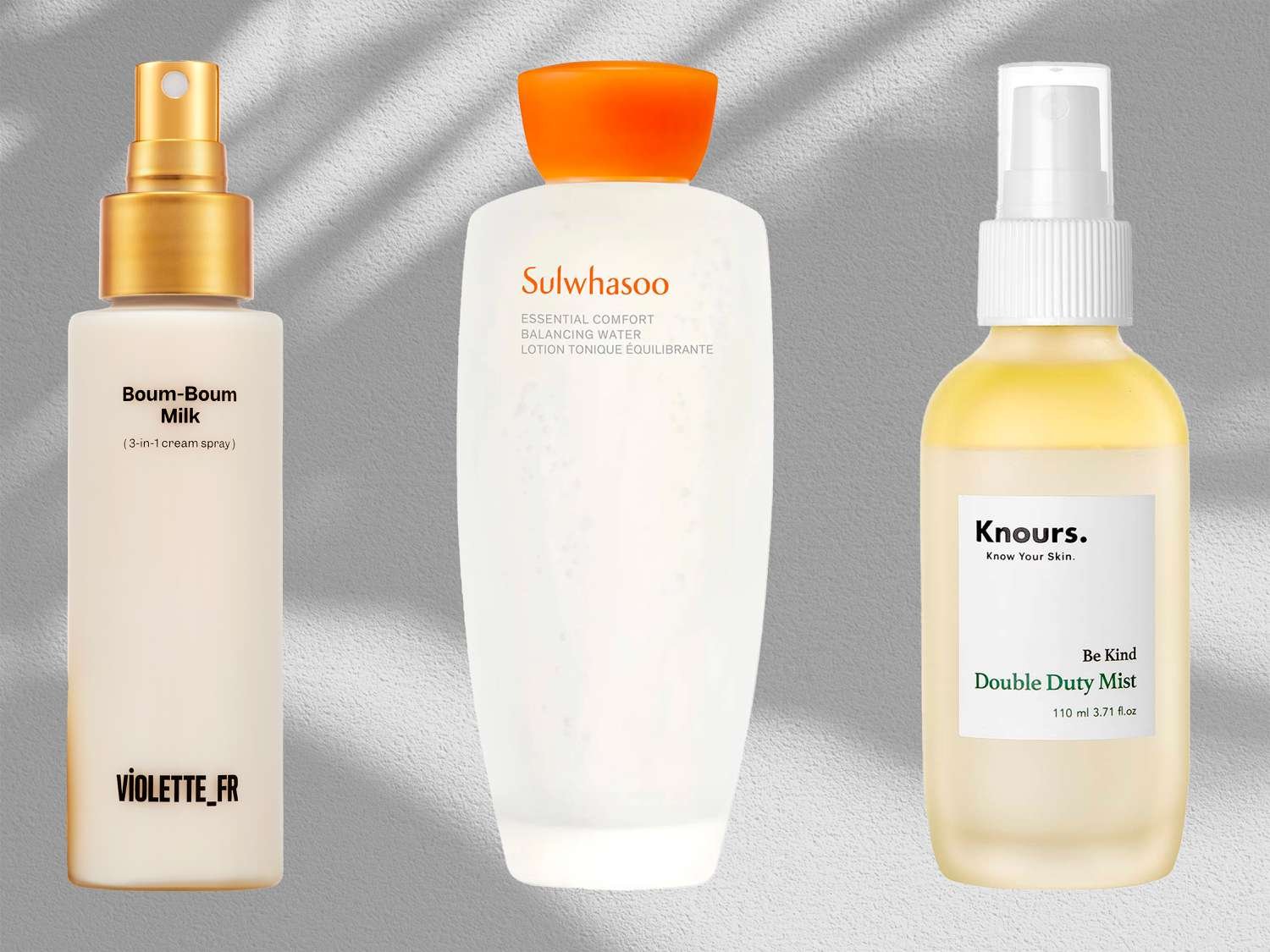For those with sensitive skin, the correct toner can be a game-changer in your skincare regime. A lot of toners can make your skin dry, angry, and irritated if you use the wrong one so it is really important to choose one that calms and balances.
What Is a Toner, and Why Do You Need It?
Liquid skincare that you can use after cleansing the skin to mop up any leftover dirt, oil, or makeup and balance your skin’s pH levels before applying serums or moisturizers. This can make your skin be refreshed, close up pores, keeping skin hydrated. These benefits are quite tempting but if you have sensitive skin it becomes really difficult to use a toner without irritation.
Key Ingredients to Look For:
But not every toner is going to be a savior for those in need of soothing and saturating but the trick always surrounds what ingredient can hydrate while also doing so without irritation.
1. Aloe Vera: an anti-inflammatory soothes sensitive skin and decreases redness.
2. Chamomile: A sensitive skin-saver and praised for its anti-inflammatory properties, chamomile is a soothing plant.
3. Rose water: soothing ingredient, that adds to the hydration of the skin, helps to reduce redness, and moisturizes.
4. Hyaluronic Acid: Hydrates skin with no irritation.
5. Glycerin: A moisturizing ingredient that is well-tolerated and blocks the skin surface from losing moisture.
6. Niacinamide (Vitamin B3): Nourishing the strength of barrier defense resulting in calmer, less sensitized skin over time.
Ingredients to Avoid
Sensitive skin can react negatively to certain common ingredients found in toners. Avoid these to prevent irritation:
1. Alcohol (Ethanol or Isopropyl): Alcohol: Usually found in astringent toners, alcohol is harsh and drying on most skins.
2. Fragrance and Essential Oils: This is another red zone as some artificial fragrances or highly concentrated essential oils can irritate your skin causing it to go red, become scratchy, or even cause some allergic reactions.
3. Aggressive Exfoliants (Salicylic Acid, Glycolic Acid): These work wonders for almost everyone—but sensitive skin can react badly with irritation and burning.
4. Synthetic Dyes: Colour dyes are bad for the skin and can cause allergic reactions.
5. Menthol or Peppermint Extract: Although these things lead to a cooling effect however due to their strength, they may increase the risk of skin damage.
Types of Toners for Sensitive Skin:
There are different toners for different skin types. Types of toners for sensitive skin
1. Hydrating Toners: These are easy to identify because they generally contain hyaluronic acid and glycerin, which should keep the skin from drying out.
2. Soothing Toners: Use these for easily irritated skin, often with anti-inflammatory ingredients like chamomile or aloe vera to cool/redness and soothe inflammation.
3. pH-Balancing Toners: Balancing your natural skin pH is so important post-cleansing for healthy sensitive skin – these toners are hydrating too!
Top Recommended Toners for Sensitive Skin:
Here are some well-known toners that are specifically formulated for sensitive skin:
1. La Roche-Posay Soothing Lotion Toner: A stringer Its toner with thermal spring water calms and hydrates sensitive skin.
2. Kiehl’s Calendula Herbal-Extract Toner: Free of alcohol and rich in calendula, it gently and soothes irritated skin; perfect for sensitive skin.
3. Simple Soothing Facial Toner: This is a nice refreshing toner and does not contain any artificial perfumes, dyes, or harsh chemicals so it will hydrate but no irritation.
4. Avene Gentle Toning Lotion: With exclusive Avene thermal spring water, calming and softening toner for all skin even the sensitive.
How to Use a Toner for Sensitive Skin?
How you apply toner is just as critical as what type of toning product you use Do this carefully to see the best results without harm to your skin:
1. Cleanse: Begin with a cleanser to get rid of dirt.
2. Apply Toner: With the help of a cotton pad or your hands, you can then pat on the toner. Stay away from rubbing, which can bother the skin.
3. Follow with Serum/Moisturizer: The toner will be absorbed and then you can apply any treatment serums or moisturizers.
4. Use Sunscreen: If you use your toner in the morning, apply sunblock on top to protect delicate skin from UV rays.
Conclusion:
You can use the right toner and you will be able to improve your skincare routine without irritating your sensitive skin. Opt for only pure, gentle ingredients, steer clear of potential irritants, and revel in balanced skin with the glow you crave.




